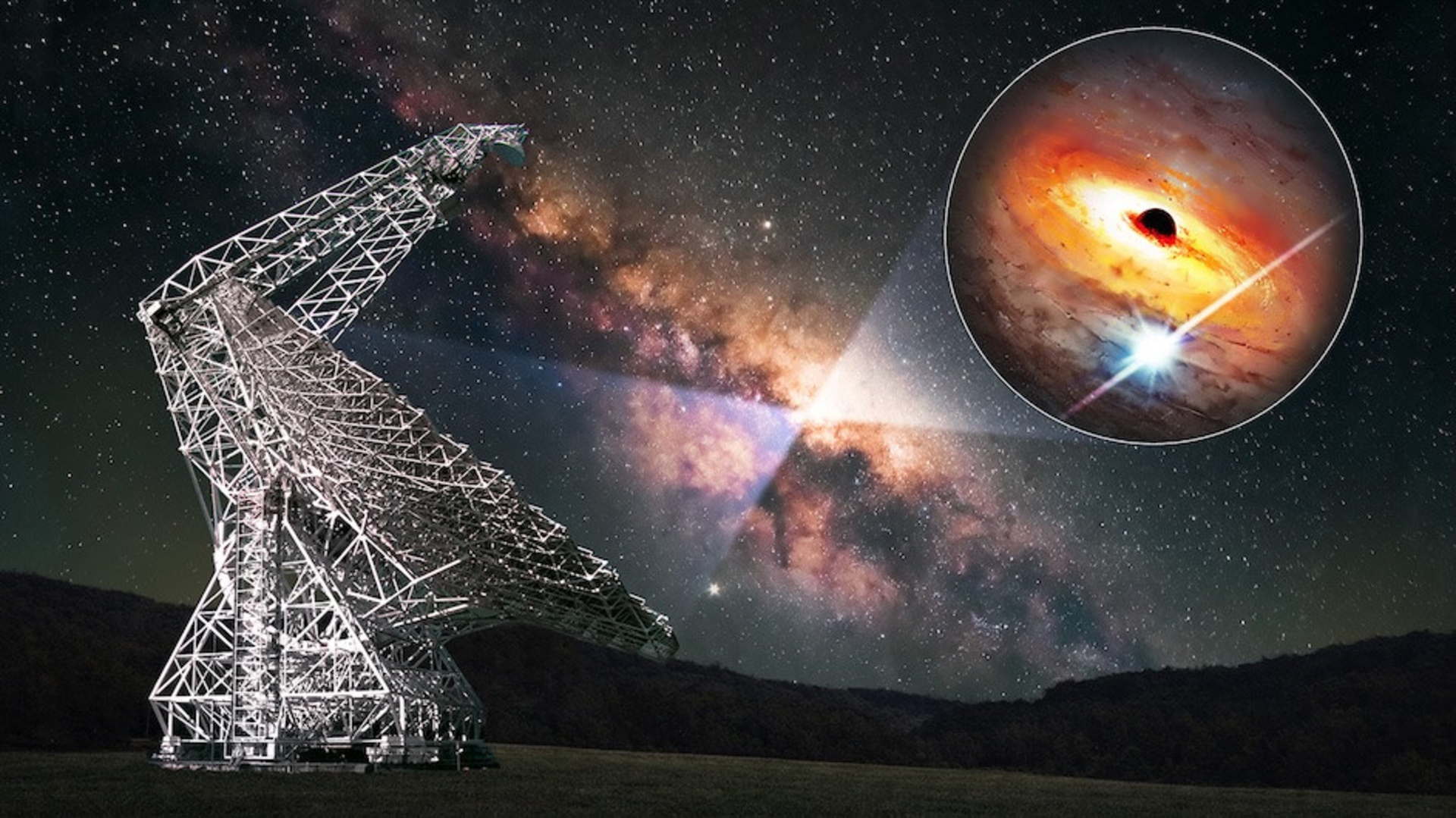Beach Pollution Worse During Full Moon
Get the world’s most fascinating discoveries delivered straight to your inbox.
You are now subscribed
Your newsletter sign-up was successful
Want to add more newsletters?

Delivered Daily
Daily Newsletter
Sign up for the latest discoveries, groundbreaking research and fascinating breakthroughs that impact you and the wider world direct to your inbox.

Once a week
Life's Little Mysteries
Feed your curiosity with an exclusive mystery every week, solved with science and delivered direct to your inbox before it's seen anywhere else.

Once a week
How It Works
Sign up to our free science & technology newsletter for your weekly fix of fascinating articles, quick quizzes, amazing images, and more

Delivered daily
Space.com Newsletter
Breaking space news, the latest updates on rocket launches, skywatching events and more!

Once a month
Watch This Space
Sign up to our monthly entertainment newsletter to keep up with all our coverage of the latest sci-fi and space movies, tv shows, games and books.

Once a week
Night Sky This Week
Discover this week's must-see night sky events, moon phases, and stunning astrophotos. Sign up for our skywatching newsletter and explore the universe with us!
Join the club
Get full access to premium articles, exclusive features and a growing list of member rewards.
The Full Moon has been blamed for a lot of things, most often falsely or without solid evidence.
But here's one to add to the column of truths: Full Moons mean more polluted beaches.
So do New Moons, when the satellite is not visible.
A new study of 60 beaches in Southern California concludes that water pollution varies with the lunar cycle, reaching the highest levels when tides are ebbing during the New and Full Moon.
The findings could affect beach how beach managers evaluate swimming safety.
"The general public can use the phase of the moon and the tide stage to assess the relative risk of illness," said study leader Alexandria Boehm of Stanford University. "It is riskier to swim during spring-ebb tides [receding tide] compared to all other tidal conditions."
The report appears in the Aug. 1 issue of the American Chemical Society's journal Environmental Science & Technology.
Get the world’s most fascinating discoveries delivered straight to your inbox.
Scientists already know that coastal water quality is controlled by tides, rain and other factors. Bacteria levels can change in minutes.
Levels of the bacteria enterococci are twice as likely to be above accepted limits during spring tides, which occur during Full or New Moon. Spring tides have nothing to do with spring, but they "spring up" in relation to normal high tides.
"Because we found tidal signals in enterococci densities at beaches with no obvious point source, like storm drains and creeks, this suggests that there is a widespread tidally forced source of enterococci at beaches," Boehm said.
The Moon is primarily responsible for Earth's tides, with the Sun contributing a bit of pull to the mix.
 Live Science Plus
Live Science Plus











